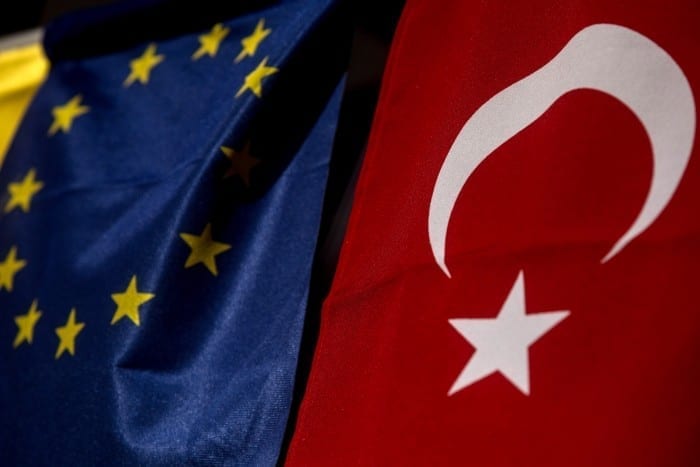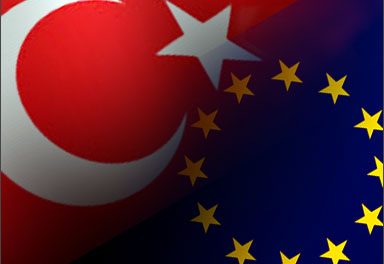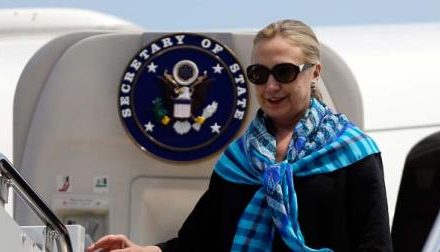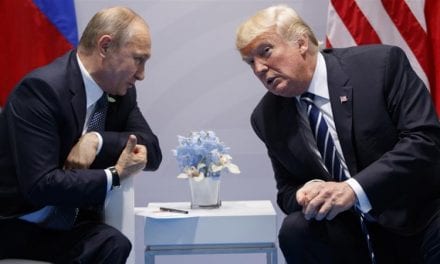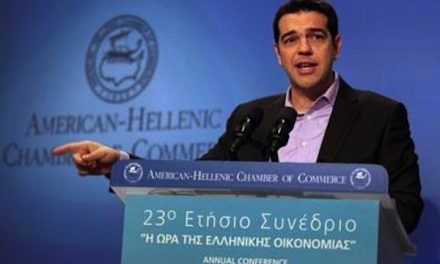By Hurriyet Daily News
Turkey wants to mend ties with prominent European countries, like Germany and the Netherlands, and there are signs for improvement in bilateral relationships following months-long tensions, President Recep Tayyip Erdoğan has said, informing about his potential visits to France and the Vatican, signaling improvement in Turkish foreign policy.
“I always say this: We are obliged to lessen the number of foes and increase the number of friends. We have no problems with Germany, the Netherlands or Belgium. To the contrary, those who are in the governments of these countries are my old friends,” Erdoğan told journalists aboard a plane travelling with him from Chad to Tunisia.
“We had problems, but our latest meetings have gone very well. I asked for their support on Jerusalem; we are all on the same page. I have called [German President Frank Walter] Steinmeier to thank him. [Dutch Prime Minister Mark] Rutte sent some signals to improve ties with us. These are satisfactory. We, of course, hope to have good ties with the EU and EU countries,” Erdoğan stressed.
Turkey’s ties with Germany and the Netherlands were severely strained in early 2017 after Turkish government figures were disallowed from meeting the Turkish communities in the countries before a key referendum in April. A female Turkish minister was subject to physical intervention by the Dutch police in Rotterdam, which sparked a deep row between the two countries.
“Well, they did me wrong. Otherwise, I used to have good meetings with Rutte; Belgium in the same way. No need to mention Germany. My contacts with both Steinmeier and [German Chancellor Angela] Merkel have always been very good,” he said.
Erdoğan plans to visit France, Vatican
Erdoğan said his diplomatic efforts for the recognition of East Jerusalem as the occupied capital of Palestine will continue and that he plans to talk with prominent world leaders, including French President Emmanuel Macron, about it.
“I will talk to him over the phone. But I may also visit France. They have not left us alone on that [Jerusalem] issue. A visit to the Vatican is also possible. You know the Pope visited me. Now, if we can carry out a return visit, we can find an opportunity to discuss all of these issues with the Pope in person,” the president stated.
Replying to a question, Erdoğan said he would share his opinions that the U.S. decision on Jerusalem was wrong with U.S. President Donald Trump if they have a phone conversation.
Turkey rejects ICJ’s call for arrest of Sudanese leader
In his interview with the reporters, Erdoğan also informed that the International Court of Justice (ICJ) had in a letter called on Turkey to arrest Sudanese President Omar al-Bashir during his visit to Istanbul for an Organization of Islamic Cooperation (OIC) summit on Dec. 13.
“First, we are not a party to the ICJ. Second, they are not aware of who is who and who is where. It’s nothing but a matter to be laughed at. We will arrest and hand over a leader who joined the summit of the OIC to you? What kind of an understanding is this? It’s hard to comprehend. We just laughed at it,” he said.
Erdoğan: No step back from decree law
Erdoğan responded to questions on recent developments in Turkish politics, too, especially about a controversial state of emergency decree, criticized severely by opposition groups as well as former President Abdullah Gül, which has provided legal immunity to civilians who were involved in thwarting the July 15, 2016, coup attempt.
Gül wanted a revision of the phrasing of the decree law to avoid problems emerging in the future stemming from the ambiguity of its content.
“It’s saddening that our former president has unfortunately mentioned ambiguity. On what grounds are you talking about ambiguity? Which article are you referring to? This is saddening,” Erdoğan said.
There is no uncertainty in the content of the decree law and the government is committed to implementing it, Erdoğan stressed.
“Necessary intervention can be done in the future if this decree gets misinterpreted, as suggested. In such case, the parliament will do whatever is necessary,” he added.

